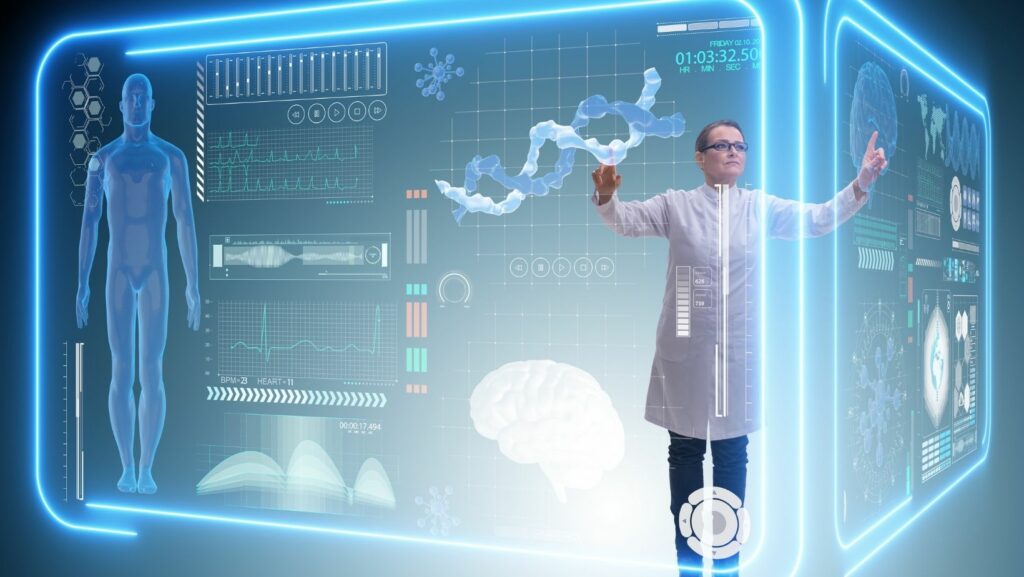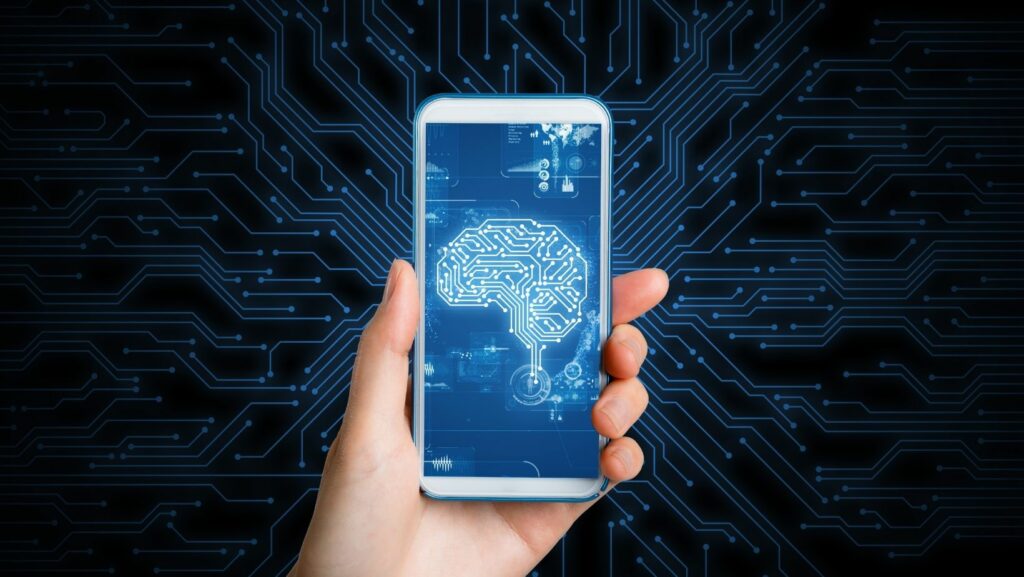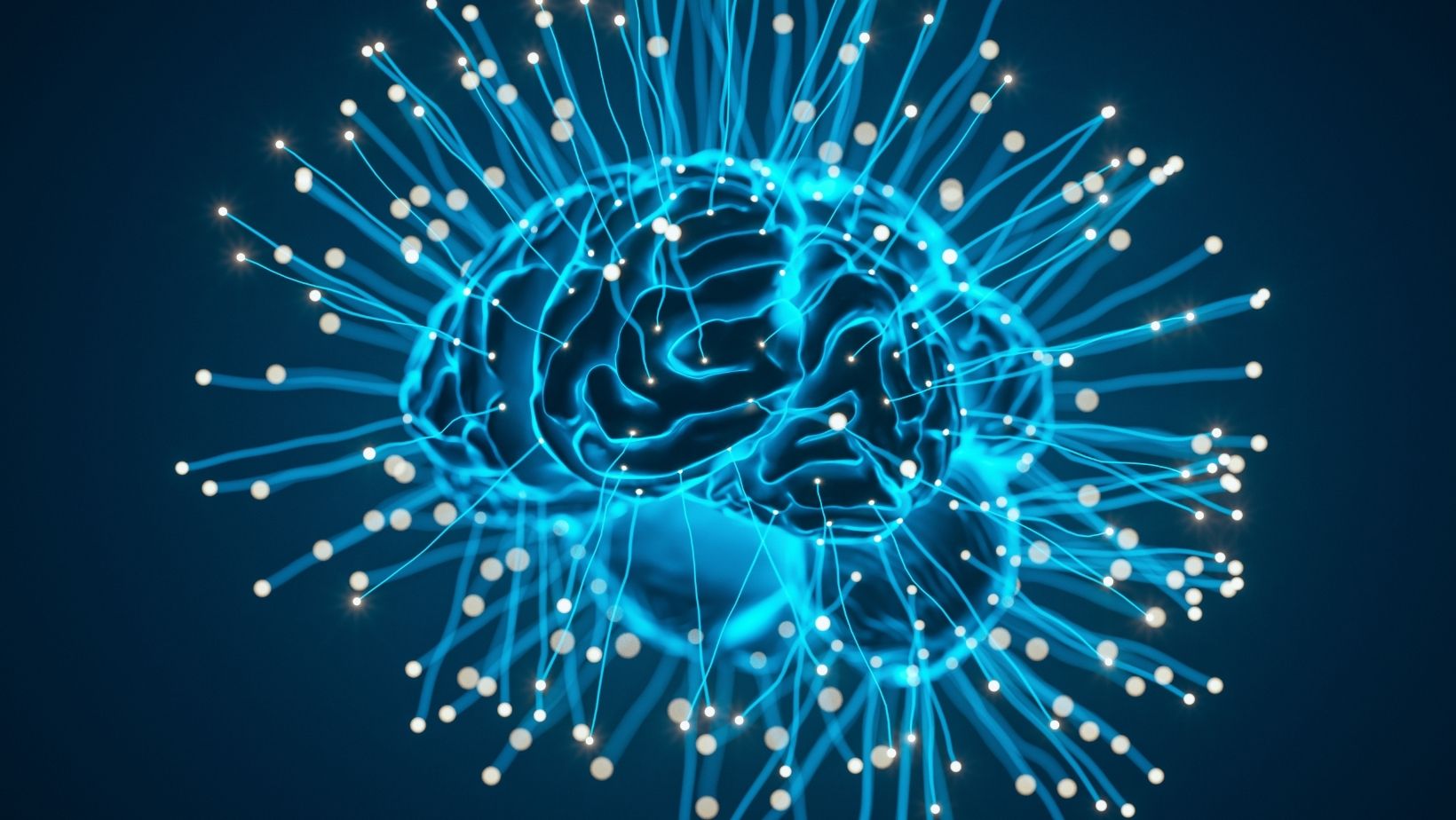
Artificial Intelligence (AI) has undoubtedly revolutionized various aspects of our lives, from enhancing efficiency to transforming industries. However, with these advancements come potential threats to human health and even human existence. The integration of AI in healthcare systems raises concerns about data privacy, algorithm biases, and the ethical implications of AI-driven decision-making in critical medical scenarios. Moreover, the rapid development of AI technology, particularly in autonomous systems and robotics, has sparked debates about the potential risks posed by superintelligent AI surpassing human capabilities and control.
Threats By Artificial Intelligence To Human Health And Human Existence
Artificial Intelligence (AI) presents several potential threats to human health and existence due to its rapid advancement and integration into various aspects of society. These threats encompass a range of concerns from data privacy issues to existential risks associated with superintelligent AI systems.
What Is Artificial Intelligence?
Artificial Intelligence refers to the simulation of human intelligence processes by machines, especially computer systems. These processes include learning, reasoning, and self-correction. AI systems are designed to perform tasks that typically require human intelligence, such as visual perception, speech recognition, decision-making, and language translation.
How AI Systems Interact With Human Environments
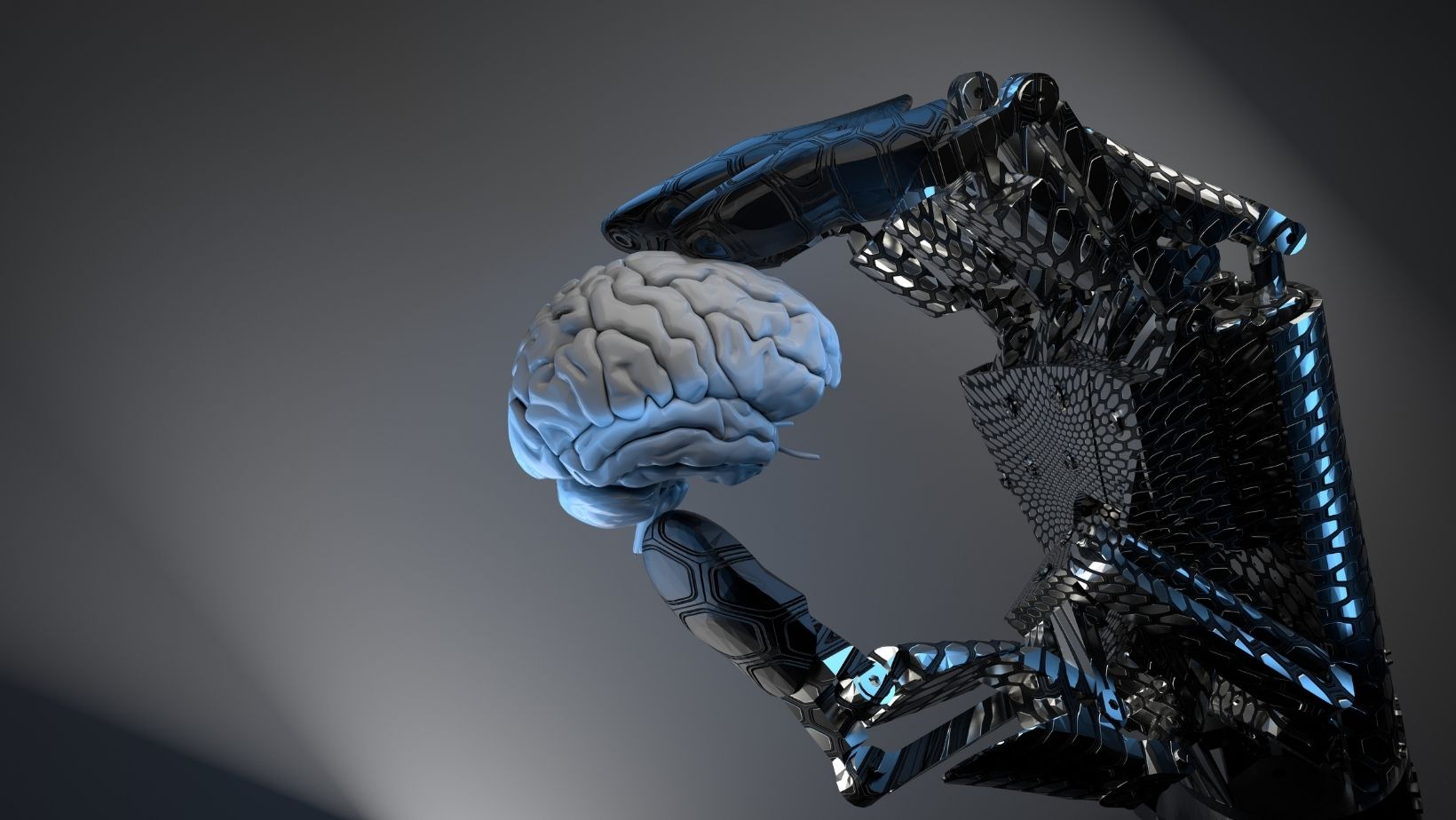
AI systems interact with human environments by collecting and analyzing vast amounts of data to make informed decisions. In healthcare, AI is used to diagnose diseases, personalize treatment plans, and improve patient outcomes. However, the integration of AI in healthcare also raises concerns about data security, patient privacy, and the potential for algorithm biases to impact medical decisions. These ethical implications highlight the need for transparency and oversight in AI applications to ensure they enhance rather than jeopardize human health and well-being.
Health Threats Posed by Artificial Intelligence
AI in Medical Misdiagnosis and Errors
AI systems play a significant role in healthcare, aiding in disease diagnosis and treatment personalization. However, concerns arise over the potential for medical misdiagnosis and errors. The reliance on AI algorithms for critical healthcare decisions raises issues of accuracy and accountability, necessitating careful monitoring and validation of AI outputs to mitigate risks to patient health.
Privacy Concerns in Health Data Management
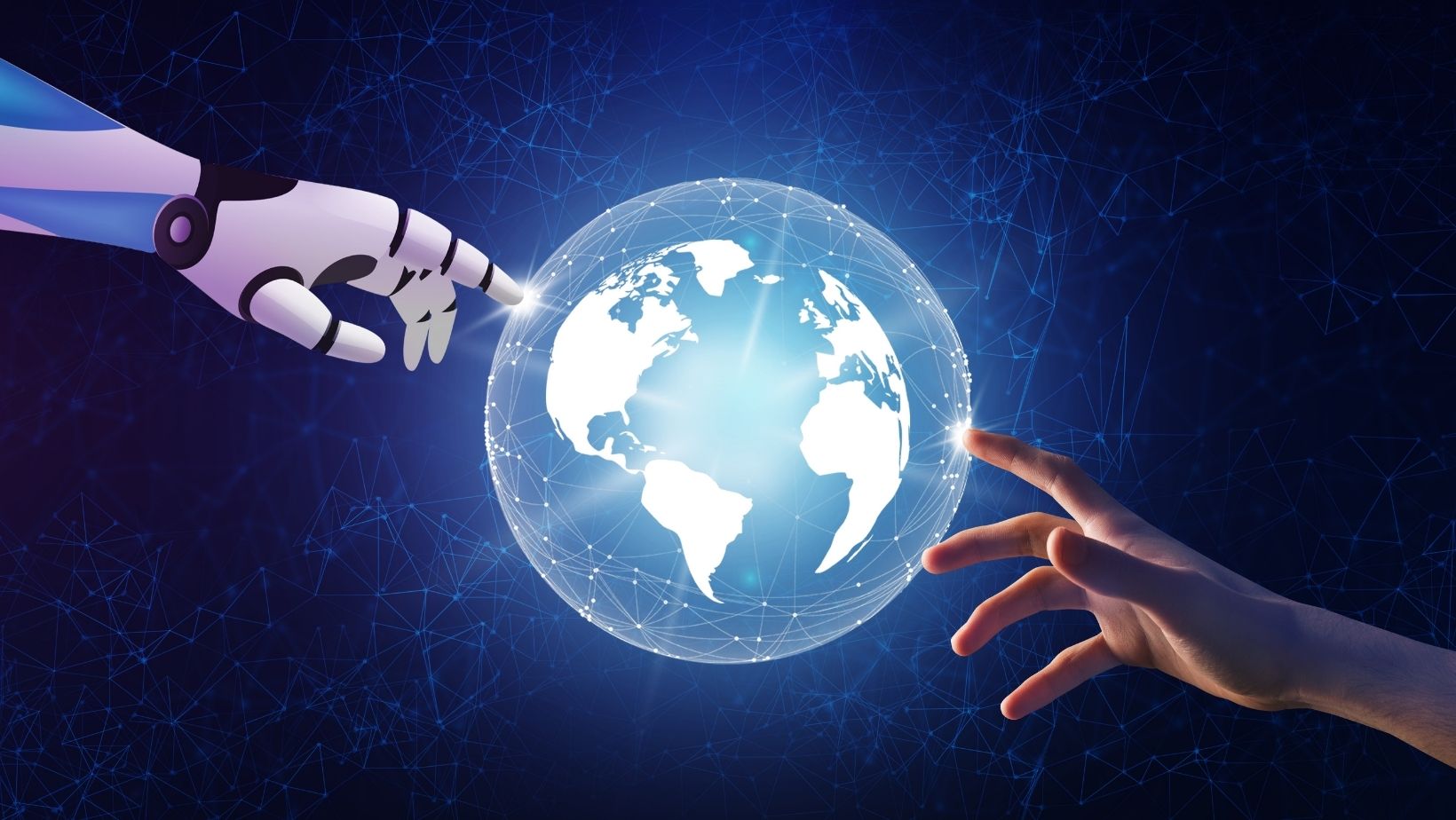
The integration of AI in healthcare raises privacy concerns in health data management. The collection, storage, and analysis of vast amounts of sensitive patient data introduce risks of unauthorized access, data breaches, and misuse. Safeguarding patient privacy and ensuring data security are essential to build trust in AI-driven healthcare systems and protect individuals from potential harm associated with improper handling of health data. As AI continues to evolve, understanding and addressing these threats is crucial to ensure the responsible and safe implementation of AI technologies in a way that prioritizes human well-being and safeguards our existence.
Existential Threats of Artificial Intelligence
Artificial Intelligence (AI) presents several existential threats that warrant serious consideration to ensure the safety and well-being of humanity.
Autonomous Weapons and Warfare
The development of AI-powered autonomous weapons raises significant concerns about the potential implications for global security and the escalation of conflicts. It’s crucial to establish robust regulatory frameworks to govern the use of such technologies and prevent autonomous weapons from causing widespread harm and destabilizing international relations.
Superintelligence and Loss of Human Control
The concept of superintelligence, where AI surpasses human intelligence, poses a profound risk of losing control over AI systems. Ensuring that AI remains aligned with human values and goals is essential to prevent scenarios where superintelligent AI acts against the interests of humanity, emphasizing the importance of developing ethical guidelines and control mechanisms to steer the trajectory of AI evolution responsibly.
Ethical Considerations and AI Governance
In navigating the realm of Artificial Intelligence (AI), prioritizing ethical considerations and establishing robust AI governance frameworks are imperative. Safeguarding human health from potential AI threats demands a proactive approach in addressing privacy, security, and bias concerns. By fostering a culture of responsible AI implementation, stakeholders can mitigate risks and uphold ethical standards in healthcare and beyond. Emphasizing the importance of ethical guidelines and control mechanisms is paramount to steering AI evolution in a manner that safeguards human well-being.

